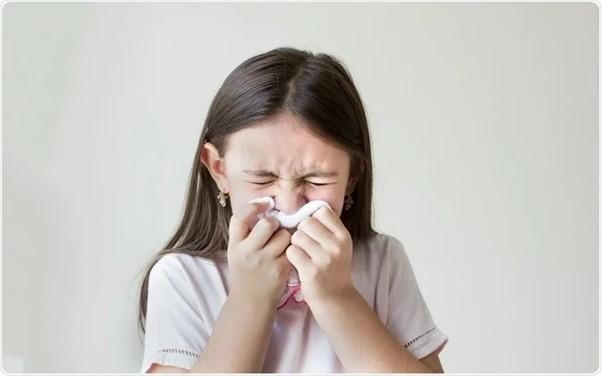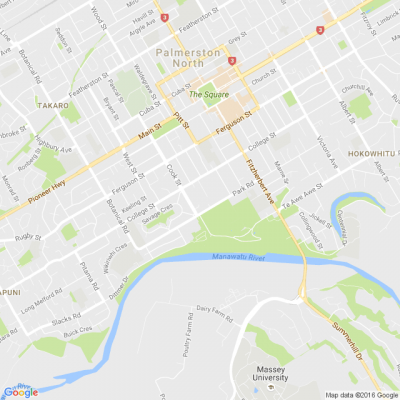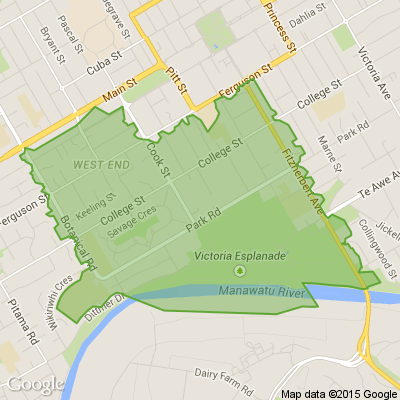How to Get an Extra-Clean House for Allergy Sufferers
If you live with someone allergic to dust mites, mould, pollen, pet hair or any one of the hundreds of allergens in household products, clean is not enough. A house needs to be extra-clean and allergen-proof to help make allergy sufferers as comfortable as possible. The alternative is sneezing, wheezing, coughing and watery eyes, all brought on by the presence of irritants that you can keep at bay with some extra attention.
Here’s how to get on top of some common irritants at your place:
1. Use allergy-friendly products
• Avoid using aerosol sprays as they are a common trigger for asthma sufferers. Even if you’re not standing near anyone, the high-pressure mist that the aerosol omits means the contents can spread a long way.
• Try to use environmentally-friendly products – what’s good for the environment is often better for us too.
• Avoid using products that contain harsh chemicals like ammonia, formaldehyde and sodium lauryl sulphate. Hunt out products that are free from these irritants or make your own natural cleaning products.
2. Keep a dust-free bedroom: It’s the dust mite droppings that many people react to (and news that there is dust mite poo in our bedding causes a reaction in the rest of us!). To keep bedding really clean, you will need to wash all bed linen regularly, preferably weekly. A man-made fibre like polyester is less likely to trap dust than natural fibres like cotton or linen.
Use a hypoallergenic mattress topper, duvet inner-cover and pillow protector and wash these at least monthly and replace them annually.
Keep stuffed animals to a minimum and wash those that remain regularly. Pull the bed out and vacuum underneath at least once a week, preferably daily. Don’t forget to dust side tables and vacuum underneath those as well.
3. Vacuum daily: Wooden or tiled floors are much easier to keep dust-free, but if you have carpet, a daily vacuum, especially in bedrooms, is a must. Use a vacuum cleaner made especially for allergy-sufferers – most will be fitted with HEPA filtration and powerhead.
Make sure you vacuum around the skirting boards and in crevices and vacuum around all beds at least twice. Empty canisters or vacuum bags regularly, sealing the bag well before disposal.
4. Use an air purifier: Even if you are taking the precautions outlined above, there will still be plenty of dust in your house – in fact some studies show that air pollution such as allergens and pollutants can be present in higher levels inside the home than outside! Air purifiers work to filter the allergens and pollutants from the air and improve the air quality.
5. Empty bins daily: The rubbish bin can omit toxins without you even realising, and they are a breeding ground for mould and germs. Empty bins every evening and disinfect with a hospital grade solution before lining with a plastic bag.
6. Beat doormats every day: Pollen and dust are tracked into our home constantly. Make sure you have a doormat on the outside and inside at every entry point to your home and shake these out regularly. Vacuum each indoor mat when you do your daily vacuum run. It’s a good idea to place a mat in the doorway of an allergy-sufferers bedroom for extra protection. Better yet, leave shoes outside.
7. Inspect for mould weekly: Mould is a common allergy trigger and its present absolutely everywhere. Don’t give it a chance to breed – wipe away small mould patches as soon as you find them with a paper towel and throw the paper towel in an outside bin. You can use a solution of three cups of water to five drops of Oil of Cloves (find it at your pharmacy) in a spray bottle to kill mould spores and prevent mould from growing.
Keep reading: www.curtainclean.co.nz...

Poll: As a customer, what do you think about automation?
The Press investigates the growing reliance on your unpaid labour.
Automation (or the “unpaid shift”) is often described as efficient ... but it tends to benefit employers more than consumers.
We want to know: What do you think about automation?
Are you for, or against?

-
9.2% For. Self-service is less frustrating and convenient.
-
43.7% I want to be able to choose.
-
47.1% Against. I want to deal with people.
Wanted to buy Vintage Bose Acoustic Wave Music System
Has anyone got a working Bose Acoustic Wave Music System they no longer use and would like to sell . Please call Joan on 0226484047.

Downsizing & Home Organisation Making life simpler, lighter, and more enjoyable.
If you’re downsizing, preparing to move, or wanting to simplify your home.
My approach is practical and non-judgemental, helping you make clear decisions about what to keep, donate, or pass on, while creating a home that’s easier to live in and maintain.
Downsizing and pre-move decluttering.
Whether you’re moving to a smaller home, preparing your house for sale, or simply wanting less clutter and more peace of mind, I’m here to help make the process easier and less overwhelming.
📞 Call Joan: 022 648 4047
A little about me
I’m the owner and operator of a successful Airbnb, where thoughtful organisation, simplicity, and presentation matter every day.
You’re welcome to read my guest reviews here:
👉 www.airbnb.com...






 Loading…
Loading…















